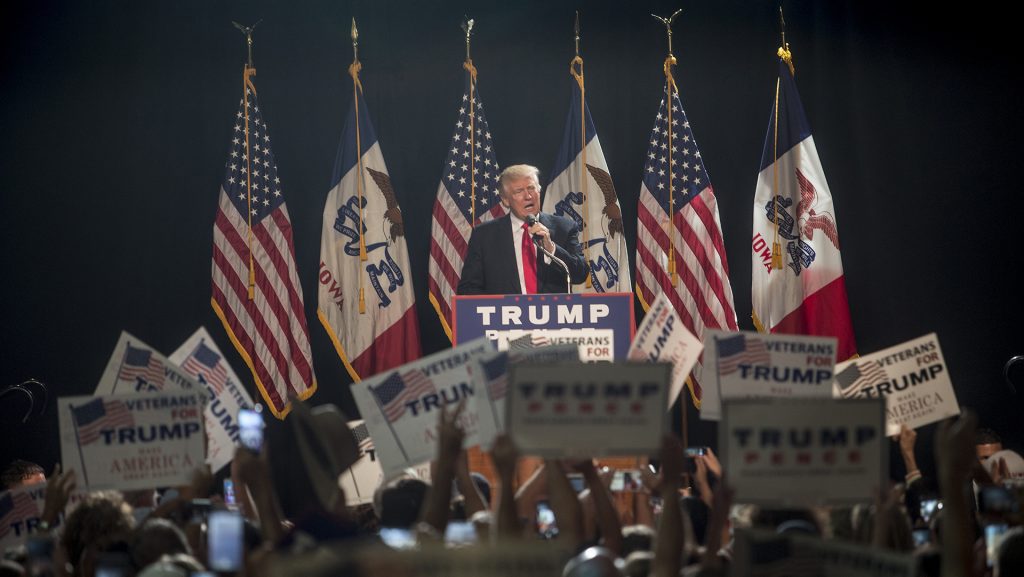President Trump is onto something, and it might save the country from another shutdown, and end the partisan gridlock.
Elijah Helton
Congress has been unpopular for a long time. It’s unproductive, it’s gridlocked, and it seems like nobody wants to get along. We already had one government shutdown so far in 2018, and we’re primed for another one starting Thursday if another reluctant agreement can’t be reached. The gears of government aren’t screeching to a halt; they’re already halted, rusting over. Earmarks can be the grease that gets things moving again.
We’ll get to earmarks, but first, step back to 2011. Hannah Montana just ended, the cooler kids have Siri in their iPhones, and we’re really hoping Cars 2 isn’t going to be terrible. And far away in Washington, where old people wear suits and have real jobs, they’re making cooperation just a bit more difficult.
Related: Federal government set to reopen after three-day shutdown
That was the year Congress banned earmarks, known to Washingtonians as “congressional pork.” Earmarks are additions to bills in which federal money is set aside for local infrastructure projects such as dams, roads, and government buildings. Their purpose is to sweeten the deal for otherwise hard-to-pass legislation, something members of Congress can show off during their next re-election campaigns. This was a major way bipartisanship worked before 2011, when Republicans took control of the House. The GOP threw out earmarks because of two big reasons: They claimed it wasted money, and it felt like bribery. The rules were adopted begrudgingly by Democrats, and that was that.
This was the status quo until President Donald Trump, the ultimate status quo demolisher, came out in favor of congressional pork. “Maybe all of you should start thinking about going back to a form of earmarks,” he said at a January bipartisan meeting. “I’m there with you, because this system really lends itself to not getting along. It lends itself to hostility and anger.” This suggestion was met with laughter coming from a Republican president, but Trump is on to something.
RELATED: Iowa congressional delegation unhappy with EPA’s final rule on RFS
So do earmarks add lots of zeros to the taxpayers’ bill? Not really. Officially banning earmarks didn’t really make them go away, so the financial detriment is nonexistent. Most political scientists agree that all it really does is shift specific power from Congress to the president and his Cabinet. The money is still there, just without the specific tag to rebuild that post office or pave that road. Without earmarks, the executive branch can easily mismanage the funds Congress gives it. With earmarks, there’s more specific instructions for the federal funds to follow.
But what about those claims of bribery? The anti-pork movement makes a fair point, but the president covered that, too. “We have to put better controls because it got a little bit out of hand,” Trump said. “Because our system right now, the way it’s set up, will never bring people together.” Of course there should be limits in a new earmarks system; this isn’t House of Cards where entire military bases are promised in exchange for a yes vote. But getting a few more yeses is going to be invaluable for the next several years, especially if the parties split control over the House and Senate.
RELATED: Lee: Bipartisanship cannot be achieved without respect
The president who claims he wants to unify the country might be a ham most of the time, but bringing back pork might just be what America needs to get moving again. Hey, Siri, where’s the nearest barbecue?



